Rust Brain Teasers. Exercise Your Mind 197690
-
ISBN9781680509175
-
Бренд
-
Автор
-
СеріяPragmatic Programmers
-
Рік2022
-
МоваАнглійська
-
ІлюстраціїЧорно-білі
-
ЖанрМови програмування
The Rust programming language is consistent and does its best to avoid surprising the programmer. Like all languages, though, Rust still has its quirks. But these quirks present a teaching opportunity. In this book, you’ll work through a series of brain teasers that will challenge your understanding of Rust. By understanding the gaps in your knowledge, you can become better at what you do and avoid mistakes. Many of the teasers in this book come from the author’s own experience creating software. Others derive from commonly asked questions in the Rust community. Regardless of their origin, these brain teasers are fun, and let’s face it: who doesn’t love a good puzzle, right?
What better way to exercise your brain and increase your Rust programming knowledge than with a collection of dynamic brain teasers? As you read through each of these puzzles and try to work out the answers, you’ll not only learn about Rust’s unique quirks and peculiarities, you’ll also have loads of fun along the way.
Dive right in and get started with example code and sample problems that cover numbers and text, shadowing and memory, and everything in between. Try to figure out why a particular program won’t compile, why it produces unexpected output, or why it panics and terminates with an error message. Once you’ve run the code and read the answer, it’s time to get to the heart of the matter with a detailed explanation. Learn why a program produced the result it did, and discover how similar issues might affect the code you write in your own programs, even in production. Sourced from engaging discussions within the Rust community, real-world problems, and even reader feedback, these challenges will certainly surprise, enlighten, and entertain you.
Are you ready to experience Rust like never before? Then sharpen your brain and get ready for a challenge!
What You Need
This book assumes you have some knowledge of the Rust programming language. To work through the brain teasers in this book, you’ll need a working Rust environment on any platform. You can install Rust by visiting https://rustup.rs/. You’ll also need a text editor or Rust-friendly IDE.
Herbert Wolverson, author of Hands-on Rust, has worked as a programmer and indie game developer since the late 1990s. He’s taught programming and IT skills at a variety of levels, contributes to multiple open source projects, and is active in the game development scene.
Для використання функції «Покупка частинами» необхідно мати картку Monobank.
Розділивши оплату на певну кількість платежів (від 3 до 10),
ви платите лише одну частину. Решта – раз на місяць списуватиметься з вашої карти.
Послуга може бути використана при замовлення на суму від 600 грн.
Увага! При покупці частинами знижки на товари не враховуються.
Щоб скористатися цією функцією, додайте в кошик товарів на суму від 600 грн.
На сторінці оформлення замовлення вкажіть спосіб оплати «Покупка частинами Monobank». Підтвердьте покупку у програмі Monobank.
-
Нова ПоштаБезкоштовно від
3'000,00 ₴ -
УкрпоштаБезкоштовно від
1'000,00 ₴ -
Meest ПоштаБезкоштовно від
3'000,00 ₴
Характеристики
- Бренд
- Автор
- СеріяPragmatic Programmers
- КатегоріяПрограмування
- Номер видання1-е вид.
- Рік2022
- Сторінок140
- Формат205х240 мм
- ОбкладинкаМ'яка
- Тип паперуОфсетний
- МоваАнглійська
- ІлюстраціїЧорно-білі
- ЖанрМови програмування
Від видавця
The Rust programming language is consistent and does its best to avoid surprising the programmer. Like all languages, though, Rust still has its quirks. But these quirks present a teaching opportunity. In this book, you’ll work through a series of brain teasers that will challenge your understanding of Rust. By understanding the gaps in your knowledge, you can become better at what you do and avoid mistakes. Many of the teasers in this book come from the author’s own experience creating software. Others derive from commonly asked questions in the Rust community. Regardless of their origin, these brain teasers are fun, and let’s face it: who doesn’t love a good puzzle, right?
What better way to exercise your brain and increase your Rust programming knowledge than with a collection of dynamic brain teasers? As you read through each of these puzzles and try to work out the answers, you’ll not only learn about Rust’s unique quirks and peculiarities, you’ll also have loads of fun along the way.
Dive right in and get started with example code and sample problems that cover numbers and text, shadowing and memory, and everything in between. Try to figure out why a particular program won’t compile, why it produces unexpected output, or why it panics and terminates with an error message. Once you’ve run the code and read the answer, it’s time to get to the heart of the matter with a detailed explanation. Learn why a program produced the result it did, and discover how similar issues might affect the code you write in your own programs, even in production. Sourced from engaging discussions within the Rust community, real-world problems, and even reader feedback, these challenges will certainly surprise, enlighten, and entertain you.
Are you ready to experience Rust like never before? Then sharpen your brain and get ready for a challenge!
What You Need
This book assumes you have some knowledge of the Rust programming language. To work through the brain teasers in this book, you’ll need a working Rust environment on any platform. You can install Rust by visiting https://rustup.rs/. You’ll also need a text editor or Rust-friendly IDE.
Herbert Wolverson, author of Hands-on Rust, has worked as a programmer and indie game developer since the late 1990s. He’s taught programming and IT skills at a variety of levels, contributes to multiple open source projects, and is active in the game development scene.


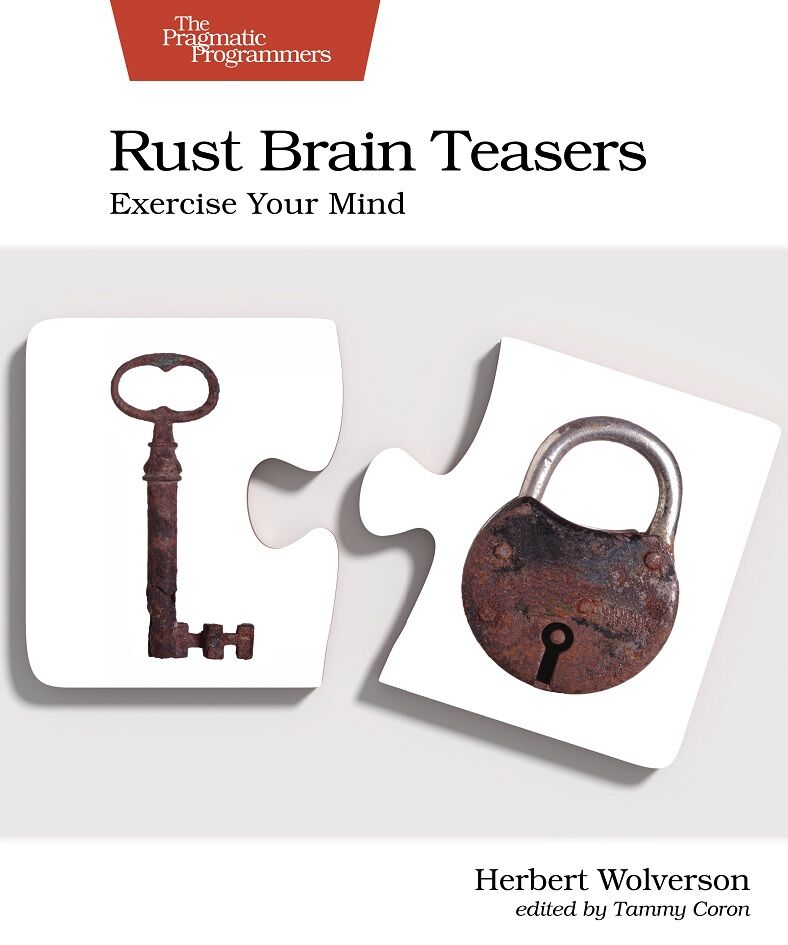


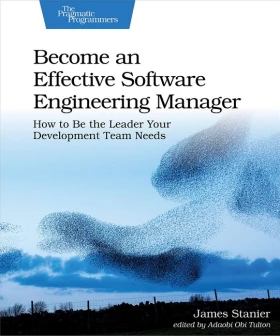
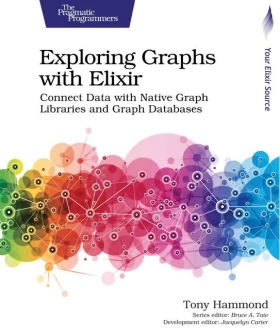
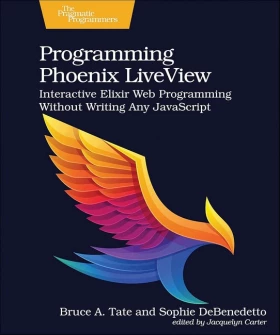
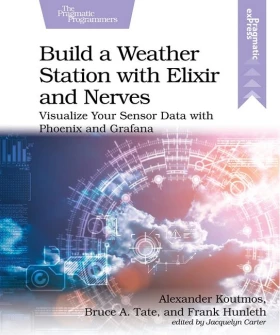





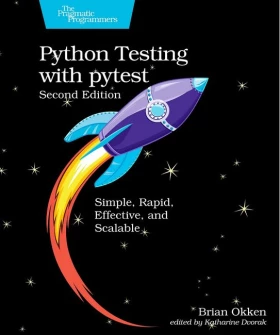


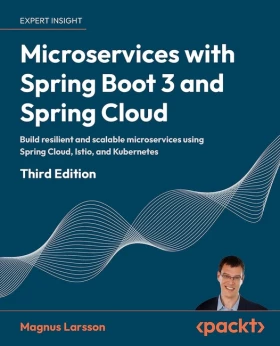

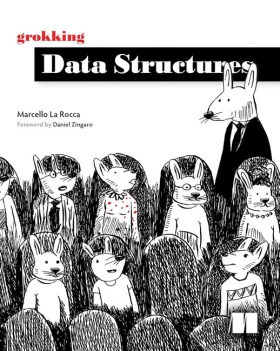



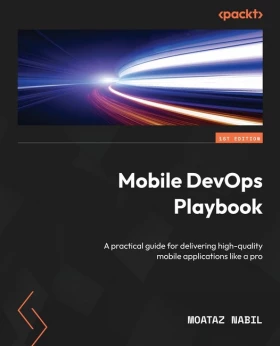
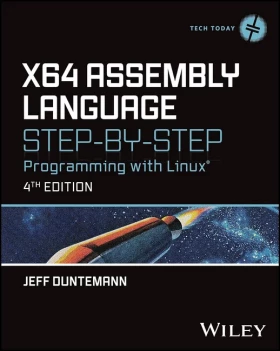


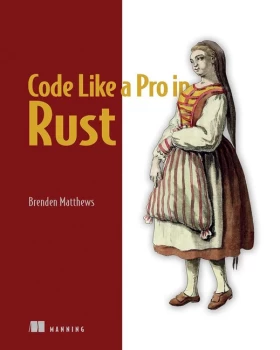

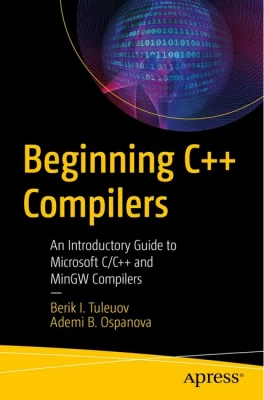
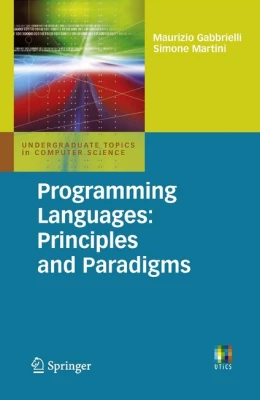

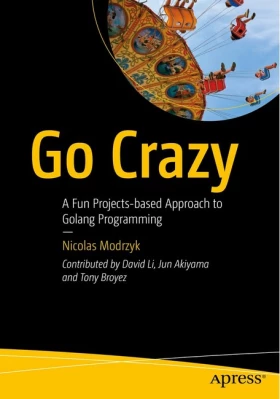

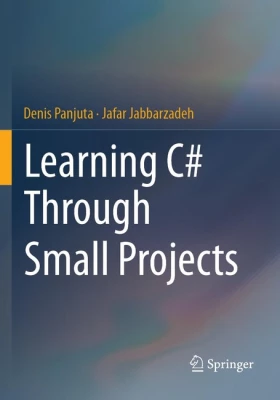


Відгуки про Rust Brain Teasers. Exercise Your Mind